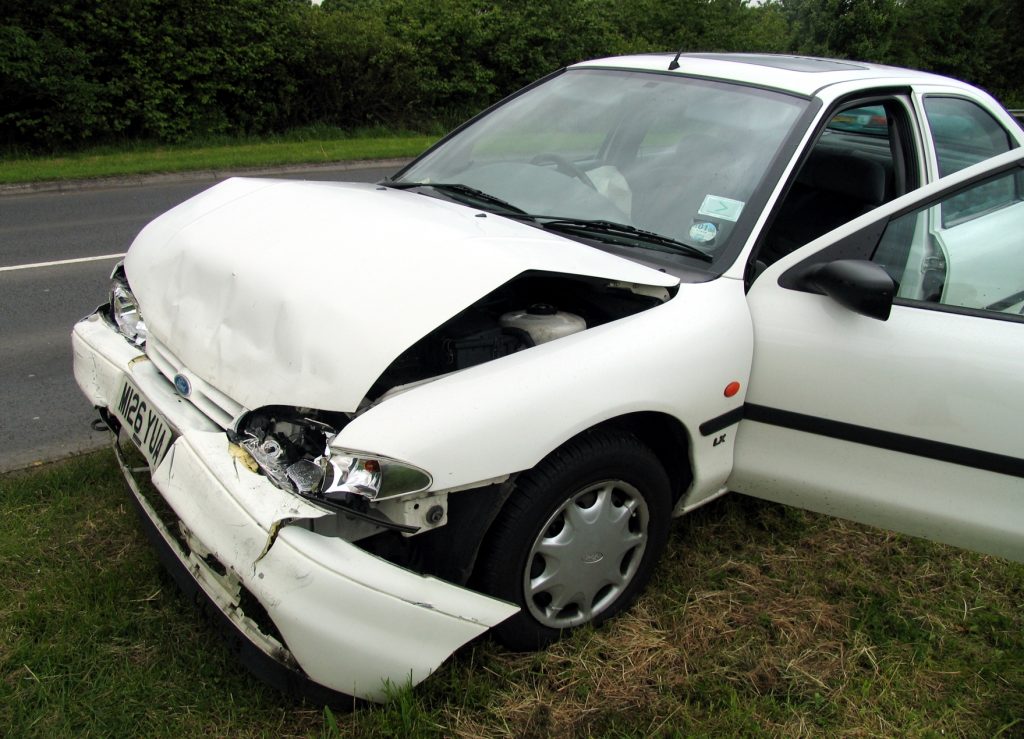 Insurance policies can be varied, complex, and at times unintelligible. Policies are generally purchased for a time of need. Yet in many cases, the insurance company worsens a stressful event by denying coverage. Coverage can be denied for many reasons including when the claimant is an “uninsured motorist.” In a recent case out of Pointe Coupee Parish, an employee faced this label and a denial of coverage.
Insurance policies can be varied, complex, and at times unintelligible. Policies are generally purchased for a time of need. Yet in many cases, the insurance company worsens a stressful event by denying coverage. Coverage can be denied for many reasons including when the claimant is an “uninsured motorist.” In a recent case out of Pointe Coupee Parish, an employee faced this label and a denial of coverage.
Chris Loudermilk was driving a vehicle owned by his employer, Environmental Safety and Health Consulting Services Inc. (“ES&H”), when he was injured in an accident. Mr. Loudermilk filed a lawsuit against his employer and their insurance company, XL Speciality Insurance Company (“XL”). As Mr. Loudermilk was not the policyholder, XL filed a motion for summary judgment to dismiss the claim entirely. Prior to the accident, ES&H had executed a form expressly rejecting uninsured motorist coverage. This essentially meant that because of the rejection form, no lawsuit could go forward against XL. ES&H had in fact executed a valid form rejecting coverage for uninsured motorists, but when ES&H renewed their policy with XL for the time period covering the accident, two entities owned by ES&H were added to the named insured section of the policy. The question before the Louisiana First Circuit Court of Appeal was whether this slight change to the policy caused the uninsured motorist coverage rejection to become invalid resulting in a proper grant of XL’s motion for summary judgment and dismissal of the lawsuit.
Summary judgment renders a judgment in favor of one party when there are no material facts in dispute and judgment is proper as a matter of law. Summary judgment for lack of coverage can be granted if there is no reasonable interpretation of the policy which would result in coverage. See Reynolds v. Select Properties, Ltd., 634 So.2d.1180, 1183 (La. 1994). An insurance company can have a case dismissed at summary judgment if it can prove there is a policy provision which excludes coverage. See Simmons v. Weiymann, 943 So.2d 423, 425. (La. Ct. App. 2006). Louisiana Law allows an insured’s rejection of uninsured motorist coverage to remain valid for the life of the policy with no new rejection form needing to be executed unless there are changes to liability limits. See La. R.S.22:1295. The language of the statute also states however that the uninsured motorist rejection remains valid when a renewal is issued to the same named insured.
 Louisiana Personal Injury Lawyer Blog
Louisiana Personal Injury Lawyer Blog


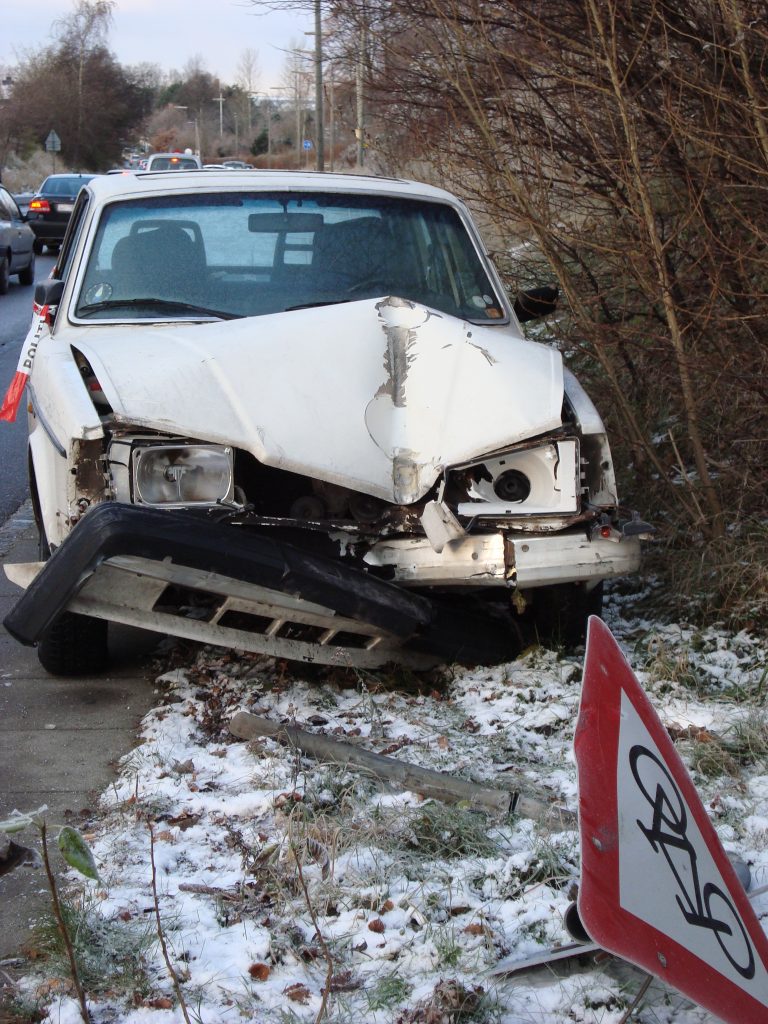 Collision insurance covers car damages caused by driving-related accidents. For example, colliding into an object or another car, whether the insured driver caused this accident or not, are covered damages. Due to this breadth of possibilities, insurance companies write strict requirements into their policies, including the need to have a valid driver’s license on hand during an accident. A recent case in Louisiana involved Affirmative Insurance Company (“Affirmative”) denying collision coverage to an insured driver who did not have his license on him during a car accident on the intersection of Lapalco Blvd. and Ames Blvd. in Marrero, Louisiana.
Collision insurance covers car damages caused by driving-related accidents. For example, colliding into an object or another car, whether the insured driver caused this accident or not, are covered damages. Due to this breadth of possibilities, insurance companies write strict requirements into their policies, including the need to have a valid driver’s license on hand during an accident. A recent case in Louisiana involved Affirmative Insurance Company (“Affirmative”) denying collision coverage to an insured driver who did not have his license on him during a car accident on the intersection of Lapalco Blvd. and Ames Blvd. in Marrero, Louisiana. When an employee is in an accident while driving the company’s car, is the company’s insurer liable? Generally, an employer is liable for employee accidents when driving a company car for employment duties. This can be difficult to determine in situations such as when an employee is on call and operating a company car, when the employee drives the company car at night, or when the employee drives the car on a personal errand with passengers. An accident involving St. Tammany Parish helped shed light on these issues.
When an employee is in an accident while driving the company’s car, is the company’s insurer liable? Generally, an employer is liable for employee accidents when driving a company car for employment duties. This can be difficult to determine in situations such as when an employee is on call and operating a company car, when the employee drives the company car at night, or when the employee drives the car on a personal errand with passengers. An accident involving St. Tammany Parish helped shed light on these issues. 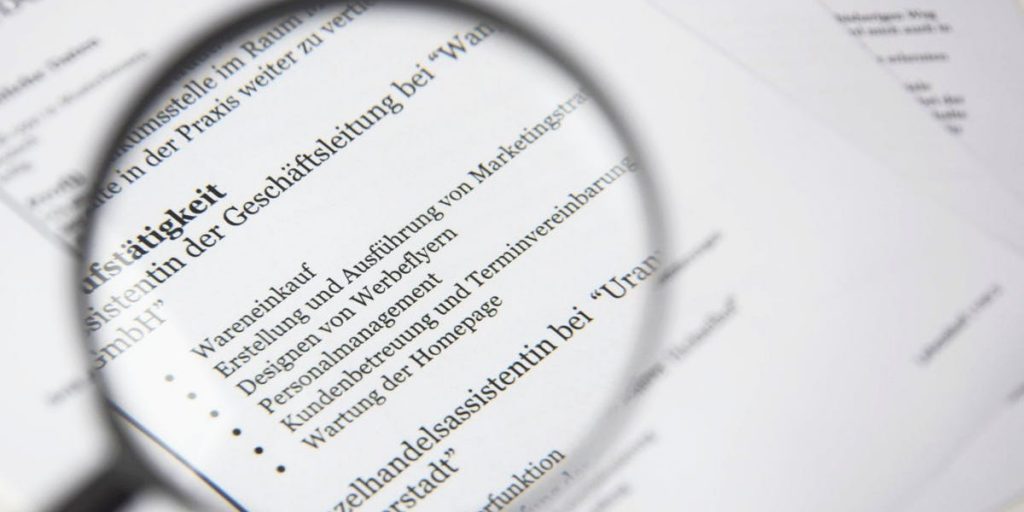 While many steps may be taken to prevent accidents, most are, unfortunately, unpredictable. For many people, automobile insurance is the silver lining to unforeseeable car accidents. However, the type of insurance policy you have can determine how much of the accident is covered, if it is covered at all, so it is important to understand exactly what you sign up for and always double check for changes. This issue was explored in a case brought to the Twenty-Fourth Judicial District Court for the Parish of Jefferson.
While many steps may be taken to prevent accidents, most are, unfortunately, unpredictable. For many people, automobile insurance is the silver lining to unforeseeable car accidents. However, the type of insurance policy you have can determine how much of the accident is covered, if it is covered at all, so it is important to understand exactly what you sign up for and always double check for changes. This issue was explored in a case brought to the Twenty-Fourth Judicial District Court for the Parish of Jefferson. 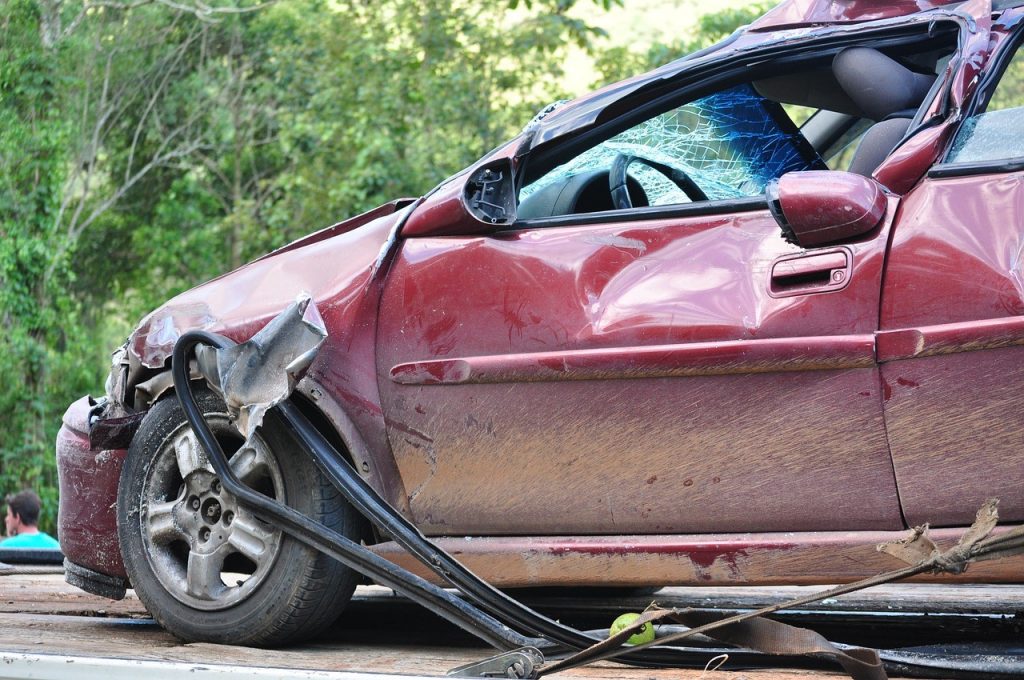 The loss of loved ones is never easy, especially when they are taken away in sudden, unexpected ways. Though there is no dollar value that can replace human beings, monetary damages are a form of recovery in cases of wrongful death. Sometimes the steps to that recovery can be difficult, especially when insurance is involved. This issue was explored in a wrongful death action brought to the Twenty-Ninth Judicial District Court in St. Charles Parish.
The loss of loved ones is never easy, especially when they are taken away in sudden, unexpected ways. Though there is no dollar value that can replace human beings, monetary damages are a form of recovery in cases of wrongful death. Sometimes the steps to that recovery can be difficult, especially when insurance is involved. This issue was explored in a wrongful death action brought to the Twenty-Ninth Judicial District Court in St. Charles Parish. 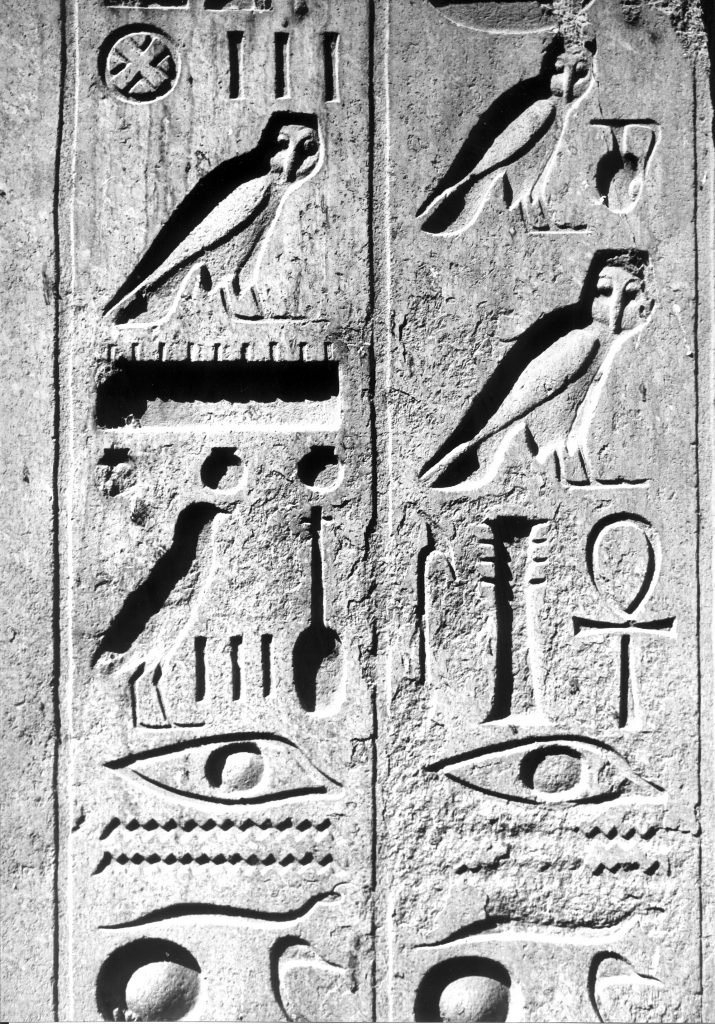 The death of a loved one is always an emotionally difficult time. But the loved one’s death also creates many obligations and legal requirements that the deceased successors must accomplish. Often, these processes can be complex and may lead to litigation, especially when money is involved. A recent court case out of the Third Circuit Court of Appeal for Louisiana illustrates these problems.
The death of a loved one is always an emotionally difficult time. But the loved one’s death also creates many obligations and legal requirements that the deceased successors must accomplish. Often, these processes can be complex and may lead to litigation, especially when money is involved. A recent court case out of the Third Circuit Court of Appeal for Louisiana illustrates these problems. What happens if an insurer fails to pay a claim on time to the insured? In Louisiana, an insurer could be subject to a penalty for failing to pay. This case out of Ascension Parish demonstrates how an insurer can be guilty of bad faith when their actions are arbitrary, capricious or without probable cause.
What happens if an insurer fails to pay a claim on time to the insured? In Louisiana, an insurer could be subject to a penalty for failing to pay. This case out of Ascension Parish demonstrates how an insurer can be guilty of bad faith when their actions are arbitrary, capricious or without probable cause.  Life insurance benefits can provide beneficiaries with the monetary needs they require. What is a life insurance policy? An insurance company agrees by contract to provide a lump-sum payment, called a death benefit, to the beneficiaries upon the insured’s death in exchange for premium payments. But what happens when the insured dies and the beneficiary encounter problems in getting paid? This case out of Concordia Parish explains entitlement to life insurance proceeds in Louisiana.
Life insurance benefits can provide beneficiaries with the monetary needs they require. What is a life insurance policy? An insurance company agrees by contract to provide a lump-sum payment, called a death benefit, to the beneficiaries upon the insured’s death in exchange for premium payments. But what happens when the insured dies and the beneficiary encounter problems in getting paid? This case out of Concordia Parish explains entitlement to life insurance proceeds in Louisiana. 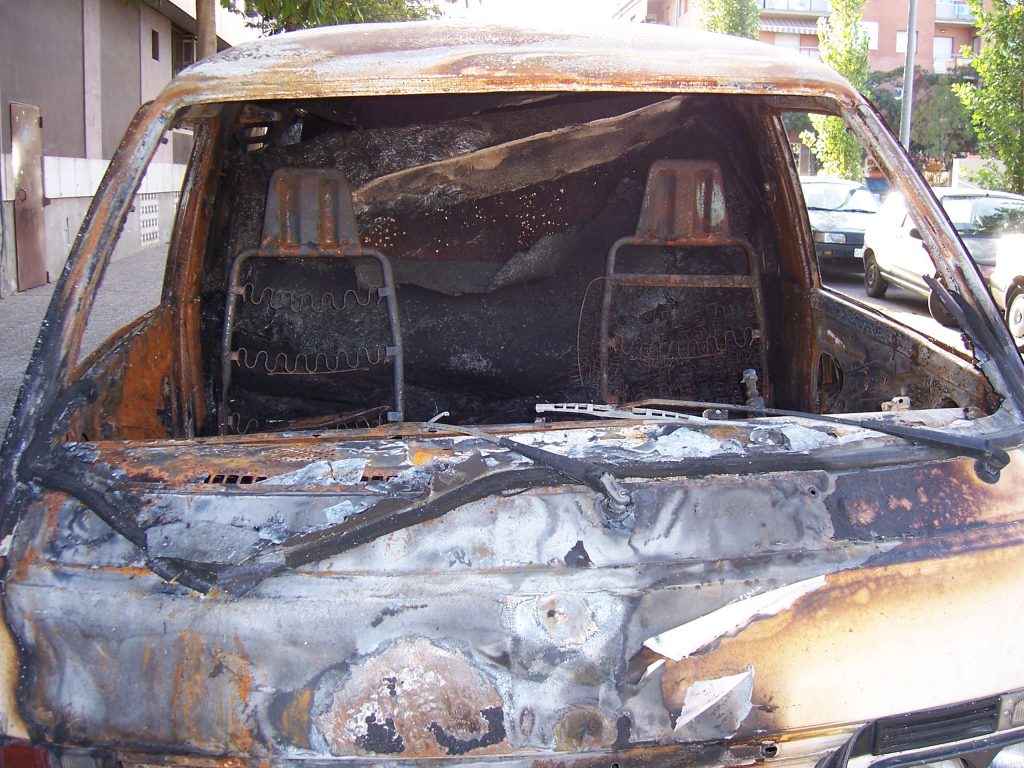 When insurance coverage doesn’t pay enough money to compensate a victim for injuries suffered in a car accident, underinsured motorist coverage exists to fill in the gaps. Louisiana law requires that insurance companies provide this coverage.
When insurance coverage doesn’t pay enough money to compensate a victim for injuries suffered in a car accident, underinsured motorist coverage exists to fill in the gaps. Louisiana law requires that insurance companies provide this coverage. 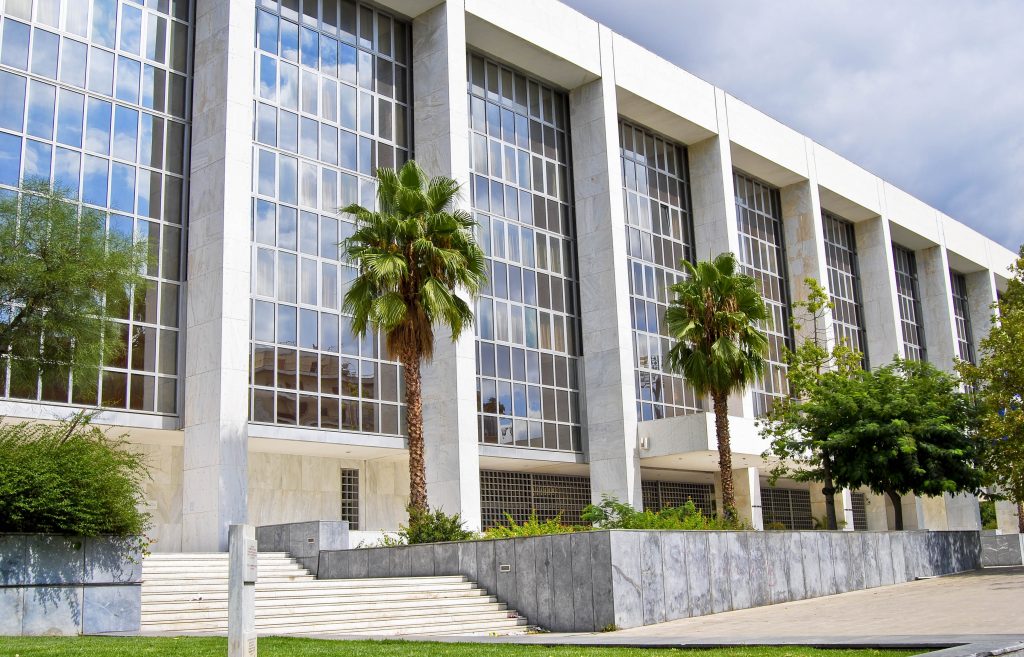 Uninsured motorist (UM) liability coverage is additional coverage that can pay for injuries to individuals protected under your policy, including family members in other cars and passengers in your insured cars, resulting from a car accident caused by an uninsured driver. However, this additional coverage can be modified or inapplicable if the insured decides to reject coverage, select lower limits, or select economic-only coverage, which would only cover costs, not non-monetary damages, such as pain and suffering or quality of life damages. UM coverage is also part of most businesses insurance policies. All of these options allow for insurance policies to be flexible, and whatever a policy stipulates is what it will cover, but as a case that arose in the Parish of St. Landry shows, writing and reading an insurance policy isn’t always straight-forward.
Uninsured motorist (UM) liability coverage is additional coverage that can pay for injuries to individuals protected under your policy, including family members in other cars and passengers in your insured cars, resulting from a car accident caused by an uninsured driver. However, this additional coverage can be modified or inapplicable if the insured decides to reject coverage, select lower limits, or select economic-only coverage, which would only cover costs, not non-monetary damages, such as pain and suffering or quality of life damages. UM coverage is also part of most businesses insurance policies. All of these options allow for insurance policies to be flexible, and whatever a policy stipulates is what it will cover, but as a case that arose in the Parish of St. Landry shows, writing and reading an insurance policy isn’t always straight-forward.